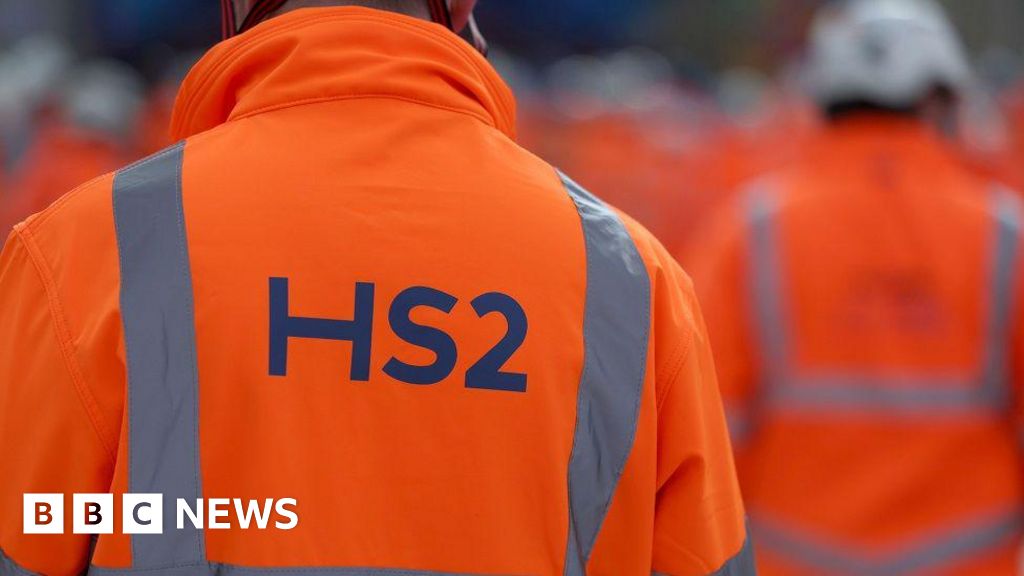Several new studies shed light on the current state of DEI and how job seekers can find an employer that aligns with their beliefs.
Employees want to work for companies that share their values
getty
Diversity, equity and inclusion (DEI) is more than a phrase to make corporations look and feel good. It’s a commitment to the kind of workplace where everyone feels welcome, valued and safe. Companies have made a lot of DEI promises in the past several years—so how are they following through? An inquiring workforce wants to know.
Recently, there has been a flood of new DEI data and tools. Global leadership consulting firm DDI just released findings that number of companies lacking DEI programs in place is up by 33%. Meanwhile, corporate social responsibility software provider Benevity found that 95% of candidates compare an employer’s DEI efforts when choosing between similar job offers.
Finally, last week LinkedIn launched a new job search filter to help employees find companies that match their personal commitments around DEI. Here’s what it all means for workers looking to connect with likeminded, DEI-focused employers—and how those employers can stand out in a tight labor market.
DEI matters to candidates
According to Benevity’s State of Workplace DEI Report, DEI is a major factor in a company’s ability to recruit and retain employees. Only 5% of employees don’t take a prospective employer’s DEI efforts into account when deciding between job offers with similar salary and benefits.
Similarly, LinkedIn recently found that 85% of Americans say it’s important they’re culturally compatible with the company they work for. Across generations, this is most critical to younger workers, with 87% of Millennials and 84% of Gen Z saying that working at a values-matched company is important to them.
Seventy-one percent of respondents to the LinkedIn survey say that when searching for a job, they proactively look for companies and organizations that demonstrate a commitment to the culture and values they support and believe in. When considering taking a new job, 66% say it’s a deal breaker if an organization’s culture and values do not align with theirs, and 70% say they’d consider leaving a job for other opportunities that better align with their values.
The business case for DEI
Of course, DEI isn’t just an asset in a company’s talent strategy. It also makes sense from a business perspective, as study after study shows that organizations with a strong DEI commitment perform better than their non-DEI-focused counterparts. Most recently, DDI’s 2023 Diversity, Equity, and Inclusion Report indicates that companies with above-average diversity are 2.4 times more likely to outperform their peers financially.
Additionally, the report found that organizations that are developing more high-potential leaders from diverse backgrounds are also:
- 11 times more likely to have high-quality leaders overall,
- 10 times more likely to have a strong leadership bench,
- 4 times more likely to have leaders who understand and act on changing customer needs and perspectives, and
- 3.2x more likely to engage and retain top talent
DEI falling behind
Unfortunately, at the same time that candidates are re-emphasizing their focus on DEI-committed employers, some companies are placing their DEI efforts on the back burner. Citing the pressures of a tightening economy, talent shortages and a pandemic-exhausted workforce, DDI’s report shows that many companies are taking steps backward in this area, to the brink of a “DEI backslide.”
The result? A direct negative impact on talent retention, the ability to meet customer needs and the company’s bottom line.
Additionally, some leaders are becoming more skeptical of their company’s DEI promises. Since DDI’s last DEI report in 2020, there has been an 18% decrease in the number of leaders who endorse their company’s overall DEI efforts. Interestingly, leaders 35 and younger tended to be the most optimistic about their organization’s commitment to DEI, while those in the 46–55 age range expressed the most disappointment in this area.
Marrying DEI and L&D
Learning and development (L&D) has become a true competitive differentiator in today’s employment landscape. According to a new study by Pearson, a strong majority of employees not only prefer to gain new skills via their employer, but also expect their company to increase or maintain learning and development opportunities.
While the Pearson data focuses on skills like problem-solving and decision-making, the movement toward employer-provided L&D training is more than a trend. On-the-job learning and growth opportunities are something employees both want and need in a fast-changing market. This makes L&D the perfect opportunity for companies to make DEI vows they can actually keep.
High-quality DEI training, offered alongside a robust lineup of technical and soft skill learning programs, are a powerful way to improve DEI culture among your current workforce, as well as attract the kind of DEI-minded professionals who can make significant contributions to the company’s overall success. DEI and L&D—both high priorities for the workforce of the future—can be a match made in heaven.
Finding a DEI-committed employer
So how do you find an employer that checks all your DEI boxes? With the launch of LinkedIn’s Commitments filter, it just got a little easier. This new filter is designed to make it easier for job seekers to discover opportunities that align with their values and convictions as they grow their careers.
The Commitments filter identifies open positions at organizations focused on culture and values that professionals today care about, including:
- diversity, equity and inclusion (DEI)
- career growth and learning
- work-life balance
- social impact
- environmental sustainability
When searching for a job on LinkedIn, members will now see the Commitments filter at the top of the Job Search page that will allow them to narrow down search results to discover roles at companies committed to these categories. Job seekers can also set up Job Alerts for these searches, which will notify them when a relevant role opens up so they can apply early.
In a still-tight labor market, employees can afford to be choosy about what they want in a job and employer. If L&D, flexibility and purpose are core non-negotiables for today’s workforce, a strong DEI culture is the competitive advantage that will tip the scales—and make all the difference in the world.
Credit: Source link











